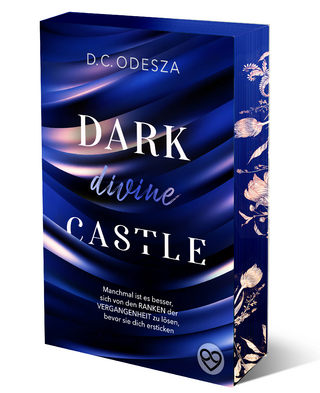
Sophocles' Antigone
A New Translation
Seiten
2011
Cambridge University Press (Verlag)
978-0-521-11928-3 (ISBN)
Cambridge University Press (Verlag)
978-0-521-11928-3 (ISBN)
Sophocles' Antigone comes alive in this new translation that will be useful for both academic study and stage production. Diane Rayor's accurate yet accessible translation reflects the play's inherent theatricality. She provides an analytical introduction and comprehensive notes, and the edition includes an essay by director Karen Libman.
Sophocles' Antigone comes alive in this new translation that will be useful for academic study and stage production. Diane Rayor's accurate yet accessible translation reflects the play's inherent theatricality. She provides an analytical introduction and comprehensive notes, and the edition includes an essay by director Karen Libman. Antigone begins after Oedipus and Jocasta's sons have killed each other in battle over the kingship. The new king, Kreon, decrees that the brother who attacked with a foreign army remain unburied and promises death to anyone who defies him. The play centers on Antigone's refusal to obey Kreon's law and Kreon's refusal to allow her brother's burial. Each acts on principle colored by gender, personality and family history. Antigone poses a conflict between passionate characters whose extreme stances leave no room for compromise. The highly charged struggle between the individual and the state has powerful implications for ethical and political situations today.
Sophocles' Antigone comes alive in this new translation that will be useful for academic study and stage production. Diane Rayor's accurate yet accessible translation reflects the play's inherent theatricality. She provides an analytical introduction and comprehensive notes, and the edition includes an essay by director Karen Libman. Antigone begins after Oedipus and Jocasta's sons have killed each other in battle over the kingship. The new king, Kreon, decrees that the brother who attacked with a foreign army remain unburied and promises death to anyone who defies him. The play centers on Antigone's refusal to obey Kreon's law and Kreon's refusal to allow her brother's burial. Each acts on principle colored by gender, personality and family history. Antigone poses a conflict between passionate characters whose extreme stances leave no room for compromise. The highly charged struggle between the individual and the state has powerful implications for ethical and political situations today.
Diane Rayor is Professor of Classics at Grand Valley State University, where she teaches ancient Greek, mythology, women in antiquity, the classical world, and a classical theatre workshop in the department she co-founded in 2000. Her translations of Greek poetry include Homeric Hymns (2004) and Sappho's Lyre: Archaic Lyric and Women Poets of Ancient Greece (1991); excerpts appear in numerous anthologies, including Norton's Greek Poets (2009). She earned a PhD (1987) from the University of California, Santa Cruz, and a BA (1980) from Colorado College. New translations of Euripides' Medea and Sappho's poetry are in progress.
Introduction; Antigone; Note from a stage director Karen Libman.
| Übersetzer | Diane J. Rayor |
|---|---|
| Zusatzinfo | Worked examples or Exercises |
| Verlagsort | Cambridge |
| Sprache | englisch |
| Maße | 145 x 223 mm |
| Gewicht | 320 g |
| Themenwelt | Literatur ► Lyrik / Dramatik ► Dramatik / Theater |
| Kunst / Musik / Theater ► Theater / Ballett | |
| Geisteswissenschaften ► Sprach- / Literaturwissenschaft ► Anglistik / Amerikanistik | |
| Geisteswissenschaften ► Sprach- / Literaturwissenschaft ► Literaturwissenschaft | |
| ISBN-10 | 0-521-11928-6 / 0521119286 |
| ISBN-13 | 978-0-521-11928-3 / 9780521119283 |
| Zustand | Neuware |
| Informationen gemäß Produktsicherheitsverordnung (GPSR) | |
| Haben Sie eine Frage zum Produkt? |
Mehr entdecken
aus dem Bereich
aus dem Bereich


